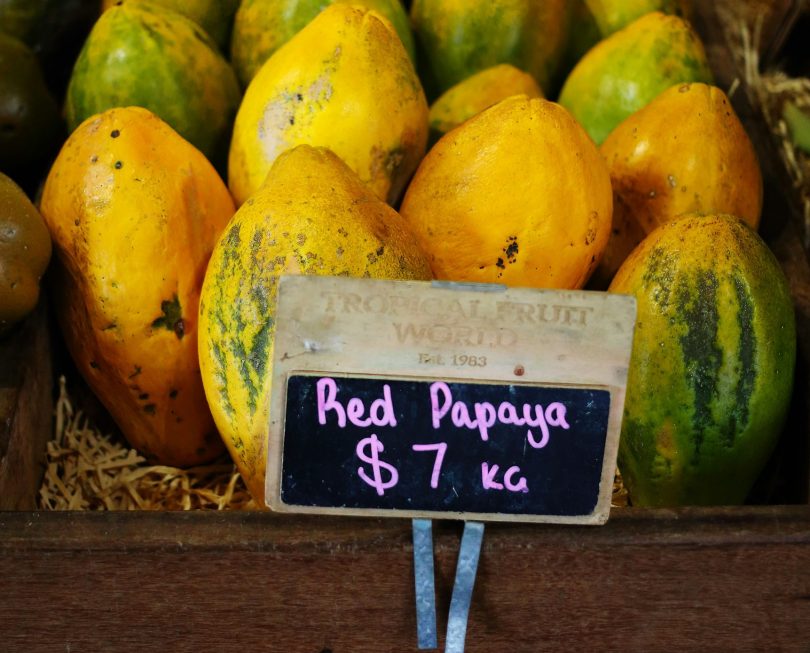If you spend any time at the grocery store, you can’t help but notice that prices are going up and up and up. The big corporations, like Pepsi and General Mills, say it’s all about supply chain issues, while their profits soar. Veronica Riccobene reports for the Lever on“What’s going on?”
In four years, grocery prices are up 25 percent overall, while shareholders with interests in grocery stores have seen $77 billion in distributions.
In 2022, people typically spent 11 percent of their disposable income on food. The price of a dozen eggs has just about doubled in four years. Food and Water Watch says that an average family of four living thriftily spends 50 percent more today than it did four years ago, $976, up from $654.
More Americans are going hungry. Three and a half million more people are facing food insecurity since the pandemic. Today, about 28 million adults in the US do not have ongoing access to food. Some are calling on President Biden to step in and keep the food companies from driving up food prices. The marketplace is broken.
Companies buy back their stocks to drive up their stock prices. Corporate executives and shareholders benefit. Consumers are hurt.
Tyson Foods’ execs and shareholders are some of the big beneficiaries of stock buybacks. Tyson raised the price of meat nearly 30 percent and saw its profit margins more than double between 2021 and 2022. It’s operating costs rose, but price increases more than offset those costs—by 33 percent.
According to the Federal Trade Commission, Walmart, Kroger, and Amazon “used rising costs as an opportunity to further hike prices to increase their profits.” The price of food and drinks rose seven percent more than their costs.
Walmart raised prices more than 50 percent on some of its generic food brands in the three years between 2020 and 2023. General Mills raised the price of cereal 12 percent in 2023 from the prior year. It also shrunk the amount of cereal in the box to 18.1 ounces from 19.3 ounces.
In addition to raising prices, companies are shrinking the size of their products. They call it “shrinkflation.”
As grocery store corporations get larger, they can engage in price fixing. Only about four companies control half the market for nearly 80 percent of groceries sold. Walmart sells nearly 30 percent of all groceries in the US. Costco sells about 7.1 percent of groceries and Kroger sells 5.6 percent. The Federal Trade Commission is now trying to stop a merger between Kroger and Albertsons on antitrust grounds.
The consolidation is particularly stark among retailers. Just this year, the Federal Trade Commission sued to block a $24.6 billion merger between Kroger and Albertsons, alleging it violates antitrust law.
Senator Elizabeth Warren is leading the charge in Congress to stop the grocery store price gouging through the Price Gouging Prevention Act. Her bill would make it a federal offense for corporations to price gouge.
Here’s more from Just Care:
- Will the administration step in to curb prices on drugs developed with taxpayer dollars?
- Drug prices continue to be around three times higher in the US than other wealthy nations
- Hospitals still not disclosing their prices, violating the law
- Poll: Health care costs are a top economic priority for voters
- Social Security benefits up 3.2 percent in 2024










